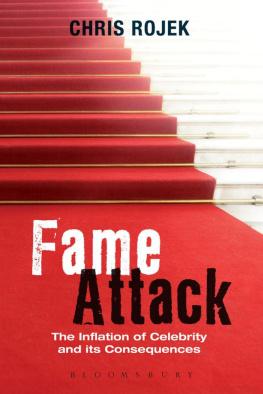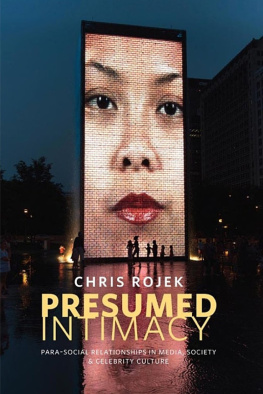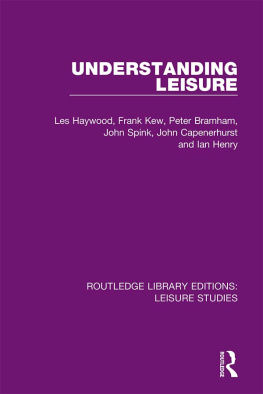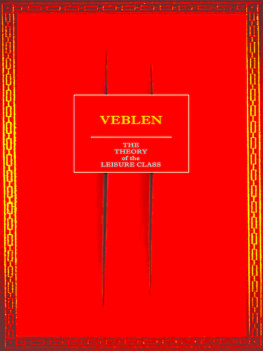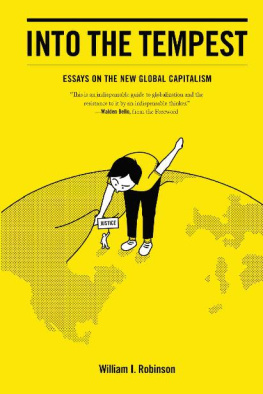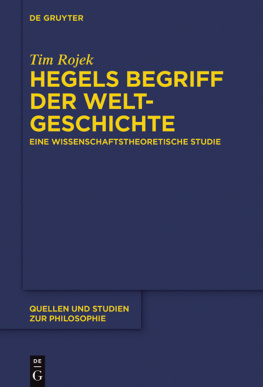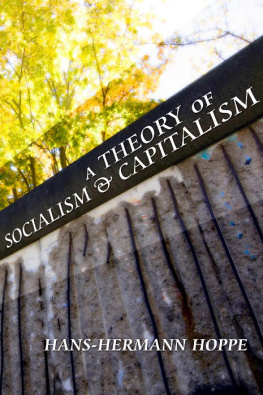Routledge Revivals
Capitalism and Leisure Theory
First published in 1985, this title explores theories of leisure in a capitalist society. Basing his argument on a refutation of the conventional association of leisure with freedom and free time, Chris Rojek examines the four main structural characteristics of modern leisure practice: privatisation, individuation, commercialisation and pacification. The writings of Marx, Durkheim, Weber, and Freud are used to locate the question of leisure in more mainstream social theory. This interesting reissue will be of particular value to students of sociology and leisure studies, and those with an interest in the relationship between leisure and power.
Capitalism and Leisure Theory
Chris Rojek
First published in 1985
by Tavistock Publications Ltd
This edition first published in 2014 by Routledge
2 Park Square, Milton Park, Abingdon, Oxon, OX14 4RN
Simultaneously published in the USA and Canada
by Routledge
711 Third Avenue, New York, NY 10017
Routledge is an imprint of the Taylor & Francis Group, an informa business
1985 Chris Rojek
The right of Chris Rojek to be identified as author of this work has been asserted by him in accordance with sections 77 and 78 of the Copyright, Designs and Patents Act 1988.
All rights reserved. No part of this book may be reprinted or reproduced or utilised in any form or by any electronic, mechanical, or other means, now known or hereafter invented, including photocopying and recording, or in any information storage or retrieval system, without permission in writing from the publishers.
Publishers Note
The publisher has gone to great lengths to ensure the quality of this reprint but points out that some imperfections in the original copies may be apparent.
Disclaimer
The publisher has made every effort to trace copyright holders and welcomes correspondence from those they have been unable to contact.
A Library of Congress record exists under LC control number: 85002869
ISBN 13: 978-0-415-73460-8 (hbk)
ISBN 13: 978-1-315-81988-4 (ebk)
CAPITALISM AND LEISURE THEORY
Chris Rojek
First published in 1985 by
Tavistock Publications Ltd
11 New Fetter Lane, London EC4P 4EE
Published in the USA by
Tavistock Publications in association with Methuen, Inc.
29 West 35th Street, New York, NY 10001
1985 Chris Rojek
Typeset in Great Britain by
Scarborough Typesetting Services and printed by
Richard Clay (The Chaucer Press) Ltd, Bungay, Suffolk
All rights reserved. No part of this book may be reprinted or reproduced or utilized in any form or by any electronic, mechanical or other means, now known or hereafter invented, including photocopying and recording, or in any information storage or retrieval system, without permission in writing from the publishers.
British Library Cataloguing in Publication Data
Rojek, Chris
Capitalism and leisure theory. (Social science paperback; no. 291)
1. Leisure. 2. Capitalism
I. Title. II. Series
306.48 GV15
ISBN 0422790605
ISBN 0422790702 Pbk
Library of Congress Cataloging in Publication Data
Rojek, Chris
Capitalism and leisure theory.
Bibliography: p.
Includes index.
1. Leisure Social aspects. I. Title
GV14.45.R65 1985 306.48 852869
ISBN 0422790605
ISBN 0422790702 (pbk.)
CONTENTS
For Ilya Neustadt and Eric Dunning
There is only one rule to follow in compiling a list of acknowledgements: nothing exceeds like excess. I am grateful to Harvie Ferguson and Eric Dunning for introducing me to some of the ideas developed here, and causing me to produce new ones. Geraldine Peacock talked about Libya with me and helped with the index. Stewart Collins helped not to lose sight of this one. My sociological imagination has benefited immeasurably from the bark (but not the bite) of Ilya Neustadt. The Research and Staff Development unit of The Queens College, Glasgow, gave me every support and encouragement. Finally, I want to thank Gug, who is, and Dup, who is no more.
The main proposition of this book is that the sociology of leisure has, to date, been marooned on a narrow reef of theoretical interests. Our thoughts seem to career between two extremes. On one side they pursue the grand ambition of formulating a general theory of leisure. On the other, they are dispersed in numerous microscopic and somewhat inconclusive inquiries into leisure and its associated variables. In both cases forms of theory have grown up which may be described as self-referential. Their object of inquiry is the history and nature of contemporary leisure relations. Their aim is to describe leisure in all of its various forms, and to ascertain its definitive characteristics. Leisure patterns are delineated, and variables like sex, age, race, occupation, status, and class are linked to them.
One is reminded of the torrent of criticism that issued from the Frankfurt Institute for Social Research in the 1950s against the post-war pure science of society, the so-called Realsoziologie of the positivist tradition. The criticisms were numerous and wide ranging. But they centred on one fundamental point. In the voguish words of the day, Realsoziologie was condemned for perpetuating a model of sociology without society (Frankfurt Institute for Social Research 1973: 9). Today, in the sociology of leisure, something similar is warranted. The field is dominated by forms of theory which deal with the extensive critical literature on power, knowledge, signification, interdependency, agency, and the mode of production, by ignoring it. We have, in short, theories of leisure without society.
Leisure and Academic Sociology
This unsatisfactory state of affairs undoubtedly reflects the antecedents of the sociology of leisure as a sub-discipline within academic sociology. According to Parry and Coalter (1982: 222) it emerged as a footnote to the narrowly focused plant sociology of the First World War and inter-war years. For the most part, it was studied as an appendix to questions of workplace productivity and efficiency. The notable exception appears to be in the field of community studies. From the earliest days, writers like Robert Park, Ernest W. Burgess, and Helen and Robert Lynd displayed an interest in exploring life beyond the factory gates (see Park and Burgess 1921; Burgess and Donald 1964; Lynd and Lynd 1929, 1937). The Lynds discussion of backyard culture and the family barbecue in the social life of Middletown now reads as a precursor of the modern sociology of leisure.
After the Second World War sociologists began to pay more attention to questions of leisure. This was the result of a combination of factors. Chief among them was the rise of the so-called affluent societies in the west. The masses experienced a growth in disposable income and free time which was unparalleled at any point hitherto in the process of industrialization. This applied to all age groups. But it was especially striking among the young. A proliferation of youth subcultures emerged, each espousing a different lifestyle, and each rooted in leisure experience. By the same token, the post-war years experienced an enormous growth in the scale and range of leisure goods and services. By the fifth decade of the century the production and merchandising of leisure commodities had developed into a central dynamic of the capitalist economic system. At the same time, academic sociology underwent a major expansion. One facet of this was a renewed interest in the process of industrialization. Many sociologists argued that the growth of leisure and the levelling of inequality between social strata signalled the dawn of the leisure society.or definitional disputes relating to the nature of leisure. A major paradox in the sociology of leisure was thus established. Writers like Dumazedier (1960), Aron (1962), and Brightbill (1963) became united in regarding leisure as a proper subject for scientific inquiry. Yet their definitions of leisure allowed for latitudes of subjectivism which frustrated their scientific ambitions. For example, it is not easy to see how the following well-known definition propounded by Dumazedier can be used in a





